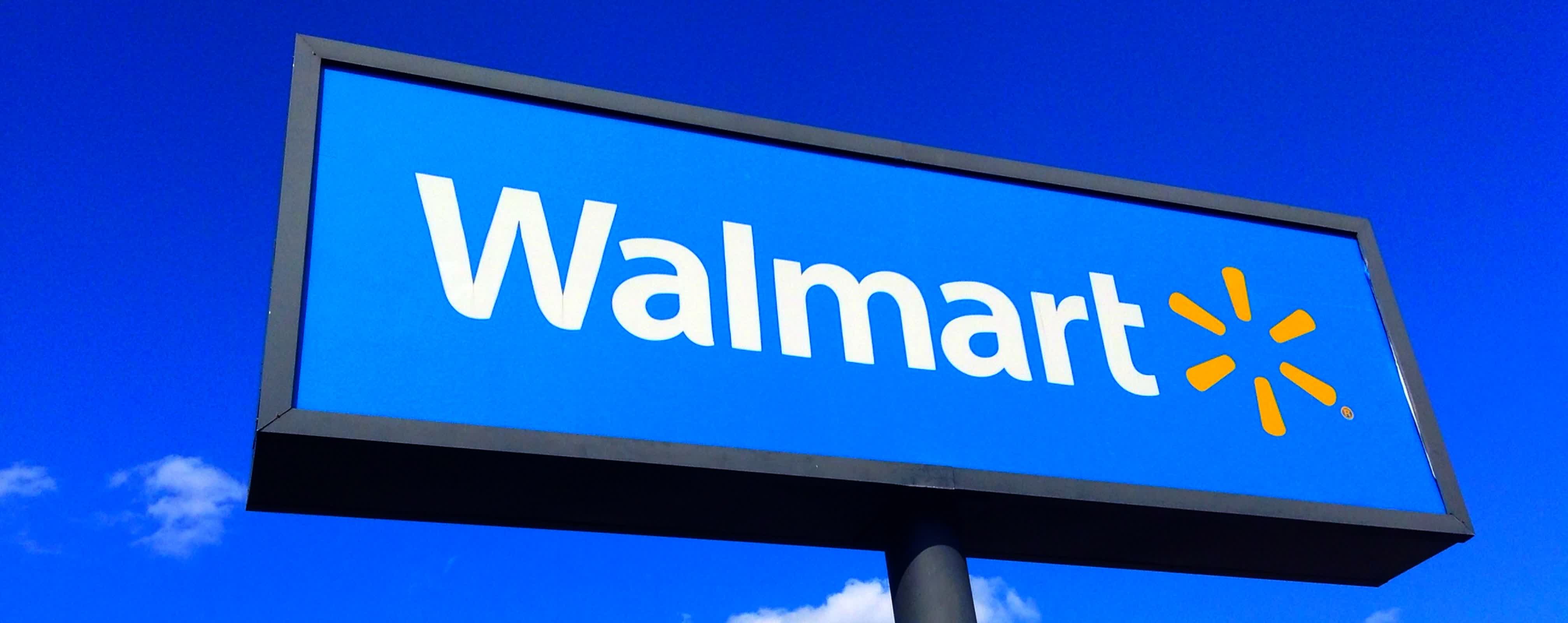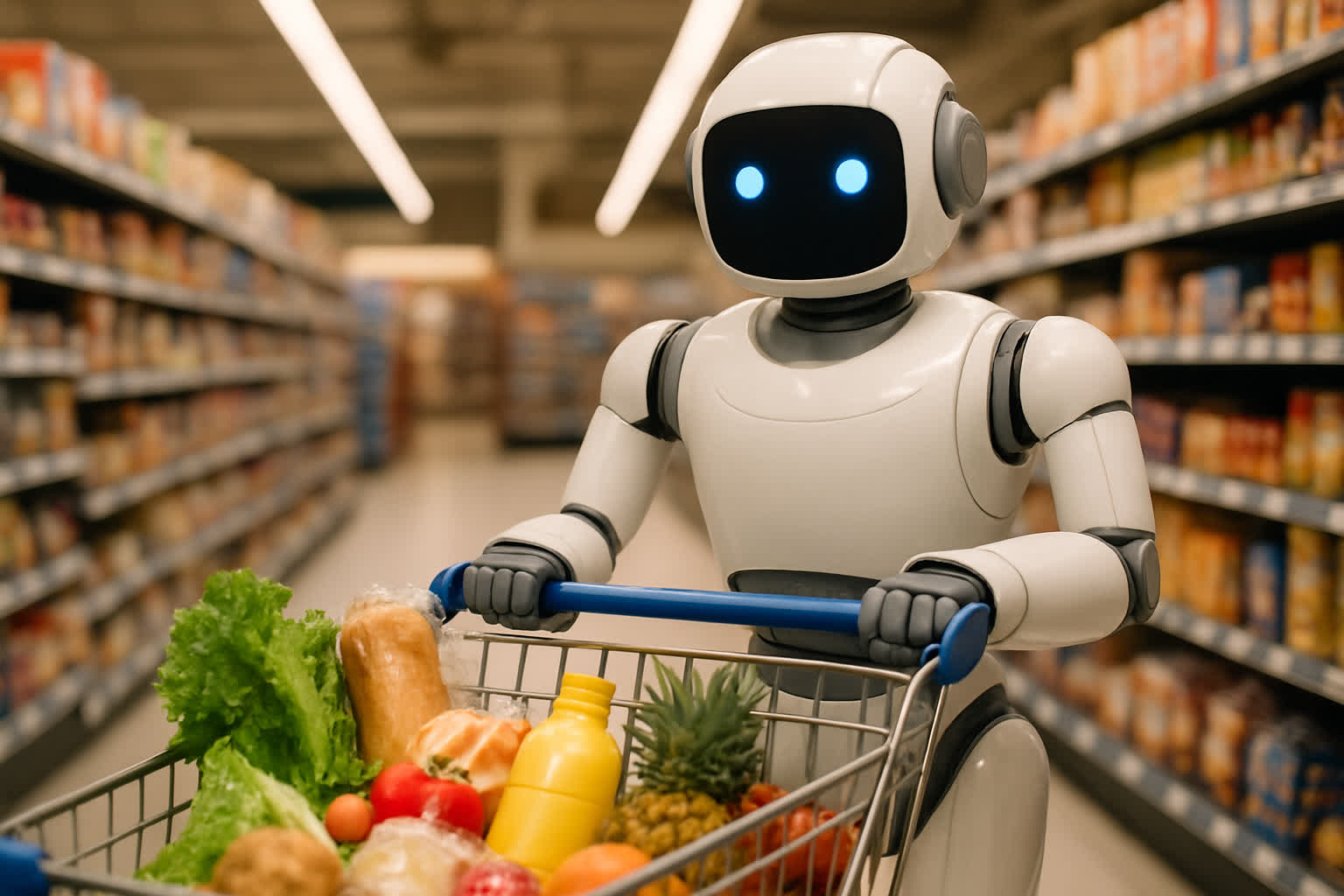The big picture: A rise of AI shopping agents is promising to reshape the retail landscape in ways that are only beginning to come into focus. As Walmart navigates this frontier, the company's moves highlight a critical truth: the race to win over AI shoppers is just beginning, and the rules are being written on the fly.
Walmart is gearing up for a dramatic shift in retail, as artificial intelligence agents begin to change not just how people shop, but who – or rather, what – is actually doing the shopping. The retail giant is exploring ways to make its products appealing not just to human customers, but also to the AI bots that may soon be making purchasing decisions on behalf of consumers.
"It will be different," Hari Vasudev, Walmart US Chief Technology Officer, told the Wall Street Journal. "Advertising will have to evolve." Indeed, AI's influence is already visible today in how consumers research products, with search engines increasingly favoring AI-generated summaries over traditional links. But the next phase – AI agents making purchases independently – promises a far greater disruption.
Imagine a future where a user tells OpenAI's Operator, "Restock my pantry" or "Find a 65-inch TV." The agent scans the web, evaluates options based on the user's history and preferences, and completes the purchase, payment included. For retailers, this means rethinking everything from product descriptions to pricing strategies, said Robert Hetu, a retail analyst at Gartner. The stakes are high: if third-party agents handle checkout, retailers risk losing direct relationships with customers, weakening brand loyalty and access to valuable data.

Walmart isn't waiting passively. It's developing its own AI shopping tools, accessible via its app and website, capable of handling tasks as routine as weekly grocery reorders or as whimsical as planning a "unicorn-themed party for my daughter," Vasudev noted. The retailer's e-commerce sales surged 22 percent last quarter, yet it's also preparing for a scenario where shoppers prefer third-party agents like Operator.
Vasudev predicts an industry-wide protocol will emerge, allowing third-party agents to communicate with retailers' systems. These standards, still in development, would let retailers share tailored product recommendations. Alternatively, agents might scan sites independently, akin to a shopper browsing a store without assistance, Vasudev said.
But retailers face challenges. Agents like Operator prioritize factors such as search rankings, including paid ads and sponsored posts, when surfacing products. While user prompts and preferences remain central, this algorithmic approach contrasts sharply with human behavior. Bots won't linger on emotionally charged visuals, Hetu explained, and retailers must make lightning-fast pricing decisions by offering discounts or risking instant price comparisons by agents.
Despite the buzz, Hetu tempers expectations. Over 80 percent of shopping still happens in physical stores, and AI-driven purchases remain a sliver of sales. "This is going to take time to transform," he said.
